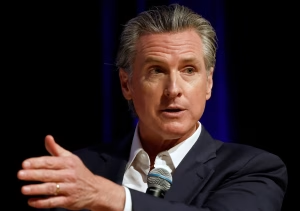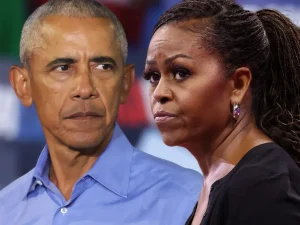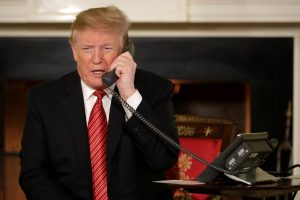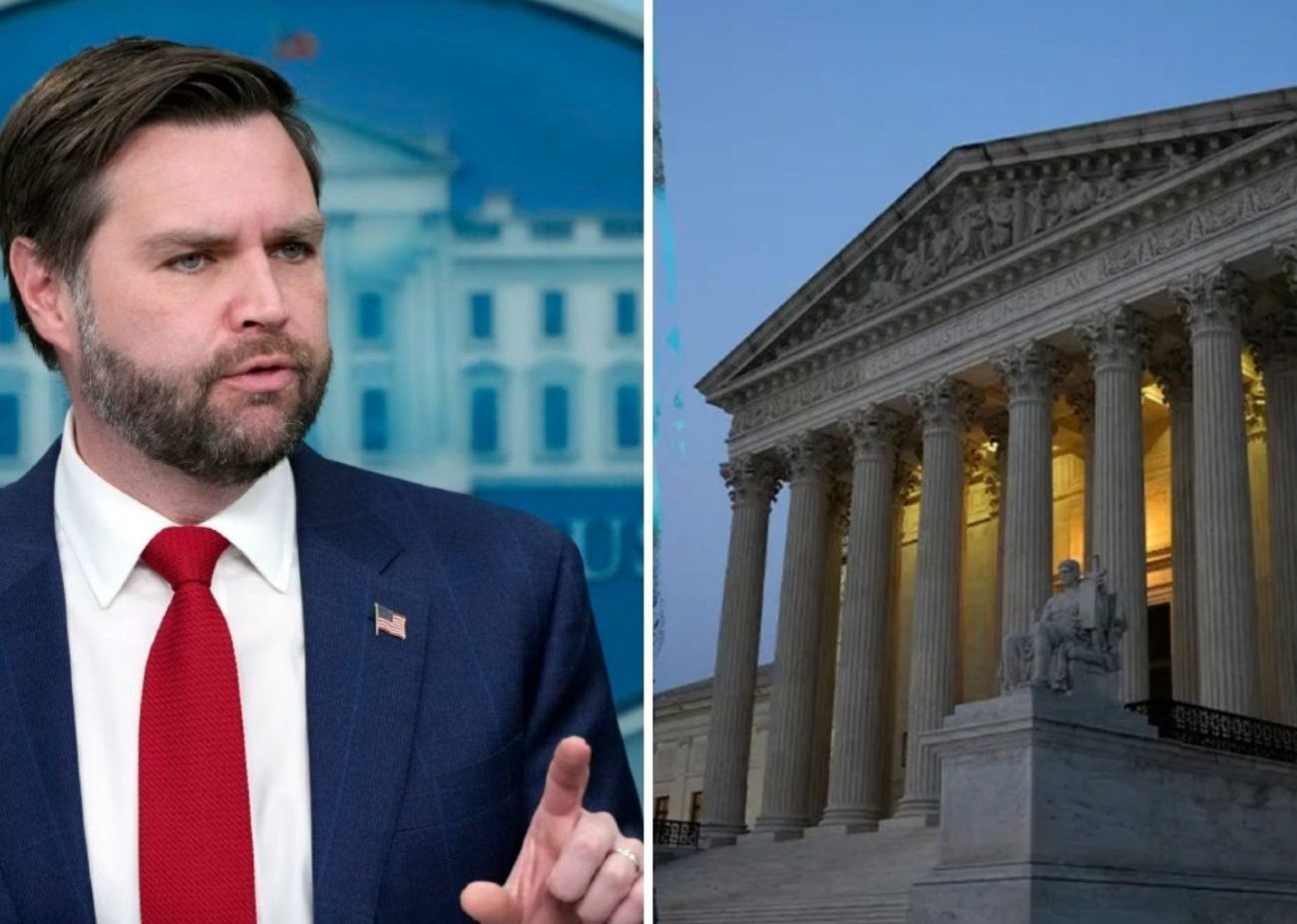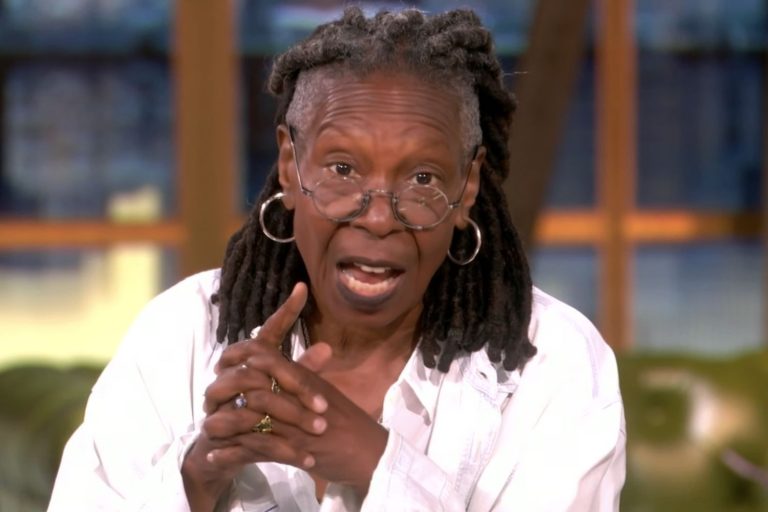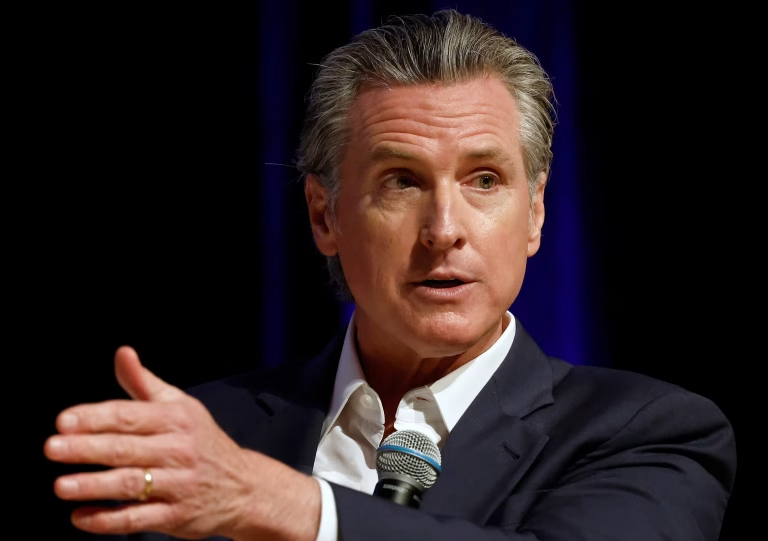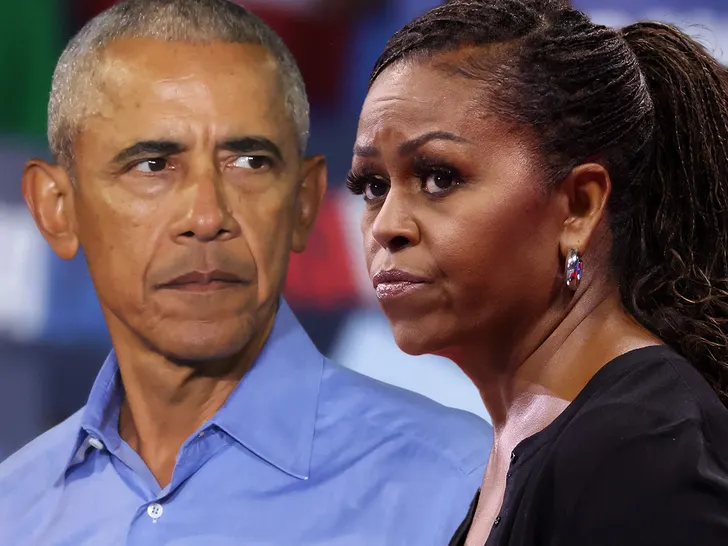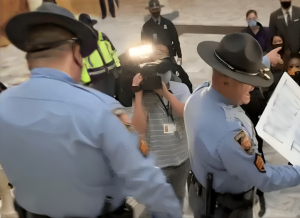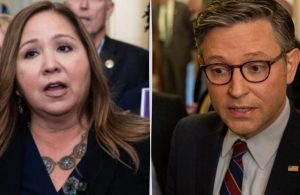High Court Takes Up Challenge Backed by Vice President JD Vance
The U.S. Supreme Court has agreed to hear a major Republican-led challenge to federal campaign finance laws that could dramatically reshape how political parties and candidates work together during elections.
The case — now fronted by Vice President JD Vance, who was an Ohio Senate candidate when the lawsuit began — questions whether long-standing limits on coordinated spending between political parties and their candidates violate First Amendment rights.
The Court’s decision to take up the appeal marks one of the most consequential campaign finance cases since Citizens United v. FEC (2010) — a ruling that unleashed an era of unlimited outside political spending. But while Citizens United focused on independent expenditures by corporations and groups, this case targets the restrictions placed directly on political parties, a question the justices have not revisited in nearly 25 years.
At the Heart of the Case
At issue is a provision of the Federal Election Campaign Act (FECA) that caps how much national and state political parties can spend in coordination with federal candidates.
Unlike independent groups, which can spend unlimited amounts promoting candidates so long as they don’t coordinate directly, official party committees are bound by strict dollar limits tied to the population size of the state or district involved.
In 2024, those caps ranged from about $62,000 to $123,000 for House campaigns and up to $3.7 million for Senate races in the largest states.
Critics argue that these limits are outdated and unconstitutional, effectively muzzling parties’ ability to fully support their nominees.
“Party committees are being restricted from doing what the First Amendment entitles them to do: advocate for and associate with their own candidates,” the plaintiffs said in their filing.
Who’s Involved
The challengers include the National Republican Senatorial Committee (NRSC), the National Republican Congressional Committee (NRCC), and JD Vance himself. The case dates back to 2022, when Vance was running for the U.S. Senate in Ohio.
After a lower court rejected their claims, the plaintiffs appealed directly to the Supreme Court, urging the justices to overturn prior precedents and restore what they call “constitutional parity” between political parties and outside groups.
The Trump administration has filed a brief supporting Vance and the GOP committees, calling the spending limits an unnecessary restraint on free expression.
“Campaign speech is at the very core of what the First Amendment protects,” the brief argues, urging the Court to recognize the role of political parties as the “organized voice of voters.”
The Department of Justice, now aligned with the Trump administration, also supported hearing the case — but notably asked the Court to appoint an independent attorney to defend the lower court’s ruling since the department no longer stands by it.
How We Got Here: Legal Background
The spending limits were first introduced in the Federal Election Campaign Act of 1971 and later reinforced through a series of amendments in the 1970s.
Congress designed the restrictions to prevent corruption and undue influence, reasoning that direct coordination between candidates and parties could enable wealthy donors to circumvent contribution limits by funneling large sums through the party apparatus.
That rationale was upheld in a 2001 Supreme Court case, Colorado Republican Federal Campaign Committee v. FEC, which validated caps on coordinated expenditures.
But much has changed in campaign finance law since then — and Vance’s case argues those changes have undermined the original logic.
Following Citizens United, which allowed unlimited independent spending, and McCutcheon v. FEC (2014), which struck down aggregate contribution limits, conservatives contend that the old framework unfairly punishes official party organizations while allowing super PACs and outside groups to operate freely.
Lower Court Rulings and the Path to the Supreme Court
In 2024, the U.S. Court of Appeals for the Sixth Circuit upheld the constitutionality of the spending limits, citing binding Supreme Court precedent.
Writing for the court, the panel said that while plaintiffs made compelling free speech arguments, the judges were “obligated to follow existing Supreme Court rulings” unless and until those precedents were overturned.
The decision reaffirmed the 2001 ruling in Colorado Republican II, in which the justices said coordinated spending “poses a risk of corruption” by effectively acting as a direct contribution to the candidate.
When Vance and the GOP committees appealed, they explicitly asked the Court to revisit that precedent, arguing that political realities and jurisprudence had shifted too much to justify keeping it intact.
Their petition stated:
“The landscape of campaign finance law has changed dramatically since 2001. Independent groups can spend unlimited sums influencing elections. Yet political parties — the entities most accountable to voters — are shackled by outdated limits that hinder their ability to support their own candidates.”
Free Speech and Fair Elections
Supporters of the challenge frame the issue as one of fairness and transparency.
They argue that restricting coordinated spending doesn’t reduce the amount of money in politics — it merely drives it away from accountable, regulated party committees toward untraceable super PACs and nonprofits.
By contrast, defenders of the law, including the Democratic National Committee (DNC), Democratic Senatorial Campaign Committee (DSCC), and Democratic Congressional Campaign Committee (DCCC), say eliminating these caps could reintroduce corruption risks.
In a statement, Democratic groups warned that lifting coordinated spending limits would “open the door for mega-donors to pour money directly into candidates’ coffers through party committees,” blurring the line between campaign support and quid pro quo influence.
The Court granted all three Democratic committees permission to intervene in defense of the lower court’s decision — setting the stage for an unusually high-profile showdown between the nation’s two major political parties.
Why This Case Matters
If the Court sides with Vance and the GOP committees, it could fundamentally alter the financial architecture of U.S. elections.
Political parties would be free to coordinate spending with their candidates without restriction — effectively merging party and campaign operations in a way that would increase party control over message and resources.
Republican strategists say such a ruling would level the playing field against outside liberal super PACs that have outspent official GOP committees in recent cycles.
“This is about restoring the voice of the party,” one Republican legal adviser told Newsweek. “Outside groups can spend billions without any oversight, but party committees — which are accountable to voters and governed by federal law — are being punished for cooperating with their own nominees.”
Opponents, however, fear the opposite: that it would further erode barriers between money and influence, giving national parties and wealthy donors unprecedented leverage over candidates and elected officials.
Political Context: JD Vance’s Rising Role
The timing of the Court’s move is politically significant.
JD Vance, who joined the Trump administration earlier this year as vice president, has emerged as one of the most influential voices in conservative legal and constitutional circles.
The lawsuit was originally filed when he was a Senate candidate in Ohio — but now, as the nation’s second-highest officeholder, the case carries enormous symbolic weight.
It also places the Court at the center of yet another First Amendment debate involving the balance between free political expression and the prevention of corruption — a recurring tension in American campaign law for more than four decades.
Next Steps
The Court will hear oral arguments early next year, likely in February 2026, with a ruling expected by late June.
Legal experts predict the outcome could hinge on how the Court’s conservative majority interprets Citizens United and whether it is willing to overrule its 2001 precedent.
If the justices side with Vance, the decision could dismantle decades-old spending caps and mark one of the most significant shifts in campaign finance law since the early 2000s.
Either way, the ruling is expected to have nationwide implications, influencing how both parties plan, fund, and coordinate campaigns ahead of the 2026 midterms.

Sarah Mitchell is a bestselling novelist recognized for her insightful and emotionally resonant stories that explore the complexities of human relationships. Originally from Denver, Colorado, Sarah grew up in a family of teachers who nurtured her curiosity and love for storytelling. She studied psychology at Stanford University, where she became fascinated by the intricacies of human behavior—an interest that would later shape her writing career. Sarah’s novels are praised for their nuanced characters, intricate plots, and ability to capture the subtle tensions that define love, friendship, and family ties. Her breakthrough novel, The Spaces Between Us, became an instant bestseller, lauded for its honest portrayal of strained family relationships and the fragile bonds that hold people together. Since then, she has published several works that continue to captivate audiences around the world. Outside of her writing career, Sarah is passionate about mental health advocacy and often partners with organizations to promote awareness and support for those struggling with emotional well-being. Her personal life is quieter—she enjoys hiking in the Colorado mountains, practicing yoga, and spending time with close friends. With each new book, Sarah Mitchell cements her reputation as a writer who illuminates the beauty and struggles of human connection.

